Partnership for the Goals


Home » Partnership for the Goals » SDG 17- Helping the World Fight Corona
SDG 17- Helping the World Fight Corona
Social Impact Under Corona – Part Four
Read: Part One, Part Two, Part Three, Part Five, Part Six
While Israel is understandably focused on defeating coronavirus on the ground locally, the country also continues to pursue its commitment to advancing cooperation with countries throughout the developing world on projects that are in alignment with the UN’s Sustainable Development Goals.
If even in the best of times challenges like the availability of quality water, technological solutions and financing can seem overwhelming, the corona crisis has made them even more difficult to overcome. Recognizing this reality, Israel’s outreach efforts are being carried out both together and separately by all its relevant sectors: government, civil society and the private sector.
Diplomatic Missions
Israel’s diplomats on the front lines are helping with the response to local needs that arise against the backdrop of the corona crisis.
Among the vast array of activities being carried out, Israel’s embassy to Cameroon coordinated a donation of an Israeli-developed computer file for the 3D printing of surgical masks; work will be carried out at the 3D printing center of the National Polytechnic in Yaounde (the embassy also covered the cost of printing the first 100 masks).
In other locations, Israel’s embassy to the Ivory Coast made a donation to the International Committee of the Red Cross to help train community volunteers and provide necessary supplies; the embassy to Guatemala donated 120 gallons of alcohol gel to local authorities; the mission in Mumbai distributed hundreds of free sanitizers, including to a local hospital; and the embassy to Senegal is coordinating with local authorities the installation of a geographic information system to facilitate ongoing monitoring of the spread of corona in the country.
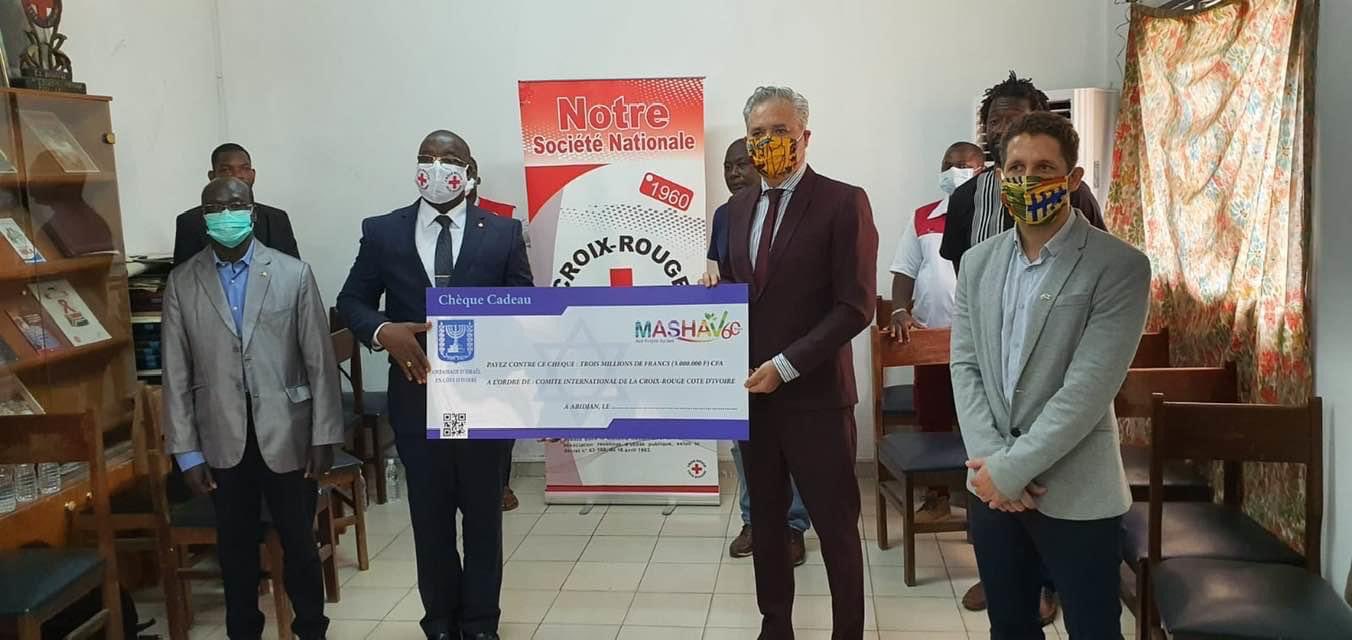

AmboVent
AmboVent is an open source blueprint for a low-cost components’ ventilator device (estimated at around $500), designed by a team of Israeli experts in response to world shortages caused by the corona virus pandemic.
Its inventors, who are drawn from the tech, military and medical sectors, believe the invention could avert a collapse of health care systems by ventilating millions especially in developing regions such as Africa, where other such machines are scarce.
Beyond companies and nonprofit groups that have committed to building prototypes, people from around the world have been in contact with the AmboVent innovators. In addition to work being done in Israel, numerous teams abroad – such as in the US, UK, Switzerland, Ukraine, Guatemala, Pakistan and New Zealand – are also working on improvements to the design.
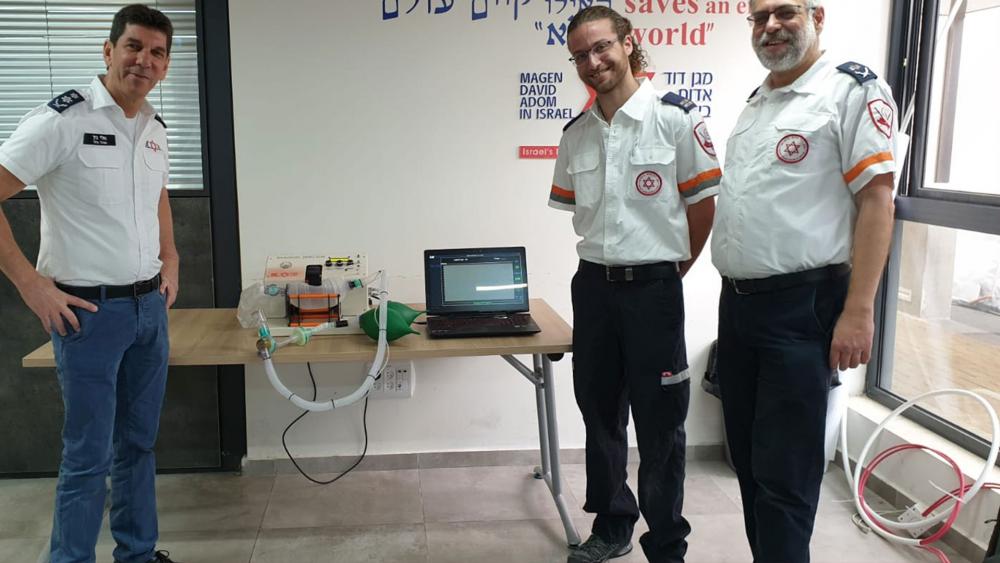

The NALA Foundation
Once the first COVID-19 case was confirmed in Ethiopia, NALA immediately mobilized against the threat, forming a rapid response team with coordinators on the ground in all of its project sites, as well as in Addis Ababa.
The COVID-19 response consisted of four main objectives: 1) supporting health facilities in basic preparedness and response, 2) expanding access to water and hygiene products, 3) inspiring community-wide behavior change related to COVID-19 prevention through focused advocacy and action, and 4) combating misinformation and fear through relevant, targeted, and accurate messaging.
NALA has supported 50 health centers with hygiene materials and handwashing stations. Also, its team has installed more than 100 foot-operated hand washing stations, constructed by local builders and with locally-sourced materials. The team has participated in dozens of TV and radio shows and organized multiple community outreach events. Targeted social media posts have reached more than 1.3 million people, and follow up surveys in project areas have shown a significant increase in general knowledge of COVID-19 and its prevention.
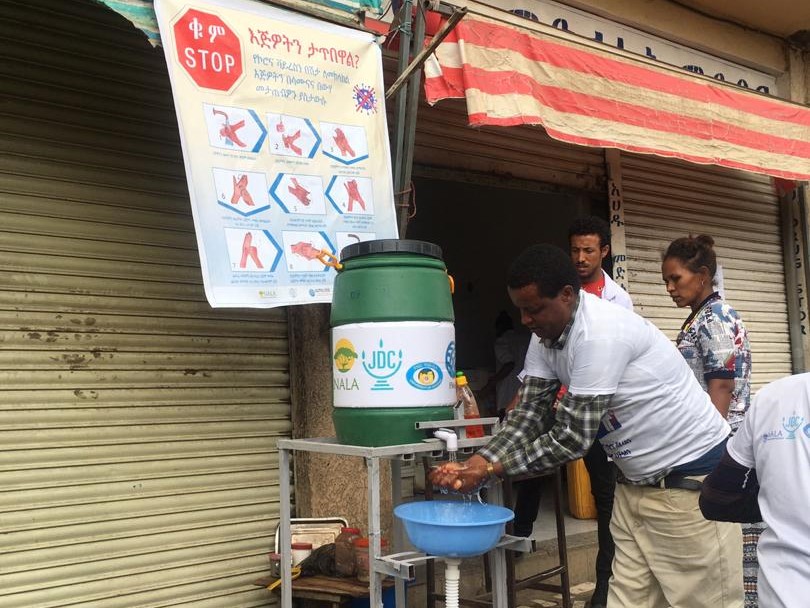

MASHAV
The corona crisis has led Israel’s Agency for International Development Cooperation (MASHAV) to come up with creative alternatives to its decades-long, on-the -ground activities.
In this context, MASHAV has teamed up with The Hebrew University-Hadassah Braun School of Public Health to establish an online ‘Global COVID-19 Forum’ for the exchange of relevant information among those tasked with setting policies; planning, coordinating or providing health services; communicating health messages to the public; implementing field-research; and other front-line response activities.
A series of online presentations by MASHAV experts is also being conducted in a number of languages on a broad range of issues such as social distancing, child education, water security, business development and agriculture during crisis.
MASHAV operates as a division within Israel’s Ministry of Foreign Affairs and coordinates much of the relevant activities carried out by the country’s diplomatic missions abroad (above).
Topaz
Since 2005, this social innovation non-profit has run a medical capacity building project in Kiboga, Uganda, through its “Brit Olam” international volunteering and development program.
Due to the recall of all Israeli medical personnel to their public positions back home, the project had to pause the ongoing Israeli presence in Uganda for the first time in more than six years. Local staff quickly adapted to the new situation, however, and continue to sustain work around non-communicable diseases and women’s healthcare.
Of course, despite the corona crisis the Israeli connection goes on. This includes the recent delivery of 1000 n-95 masks, 10,000 disposable masks, 100 isolation suits and 170 face shielded masks (made possible by MASHAV, Solel Boneh Uganda and private donors of Topaz).
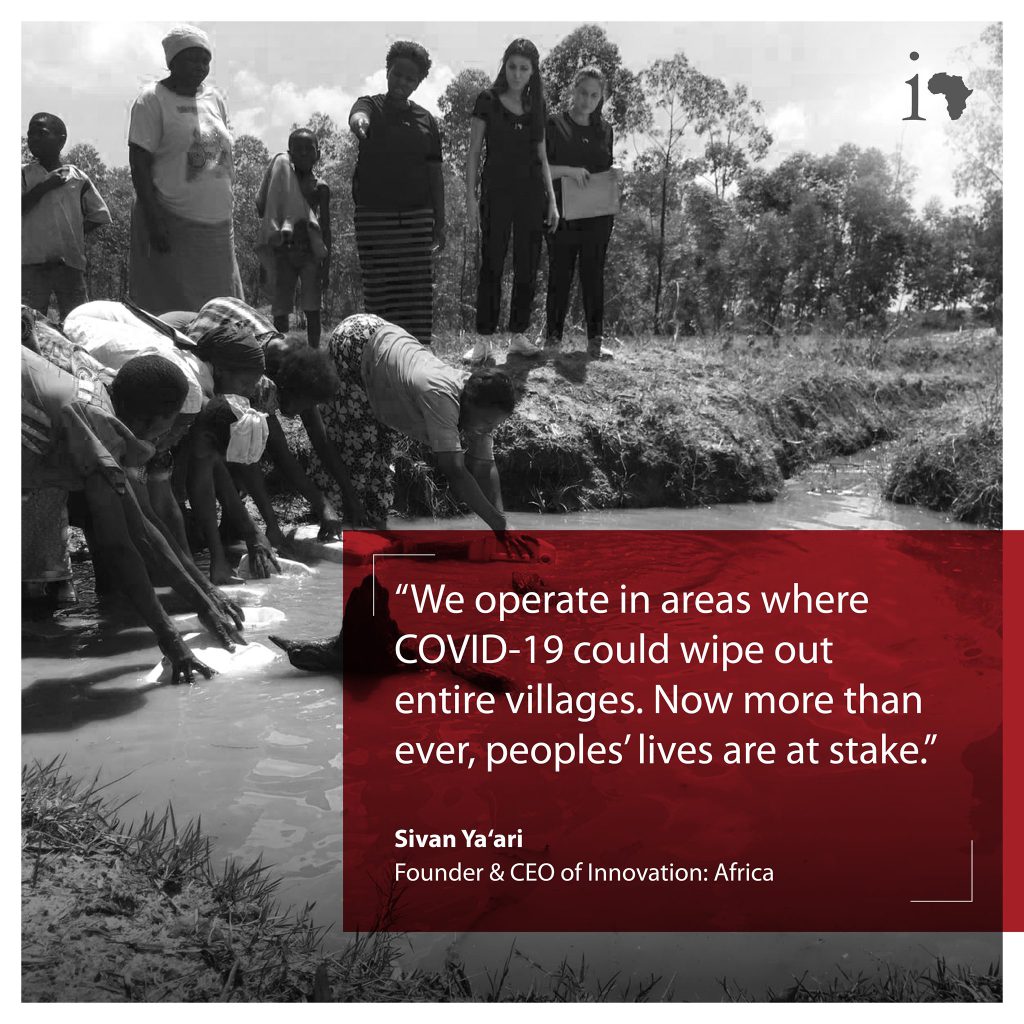

Innovation: Africa (iA)
Corona has presented a new challenge to Innovation: Africa (iA), an Israeli non-profit which since 2008 has been using Israeli technology to complete more than 300 solar and water installations in Africa.
Operating in remote areas, the crisis has made access to clean water and electricity even more urgent as functioning medical facilities and handwashing become critical to fight the virus.
Particularly in the spirit of SDG 17 and a commitment to social impact, various Israeli bodies are doing their part to help alleviate the corona crisis in other parts of the world. These efforts will undoubtedly continue even as the country begins to emerge from its weeks-long shutdown.
Related articles
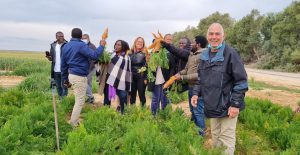

SDG 17 – They Just Wanted to Improve the World
Partnership for the Goals The release of Hamas-held, 85-year-old Yocheved Lifshitz, should have provided some welcome relief to an Israel on edge. Instead, it unfortunately fed
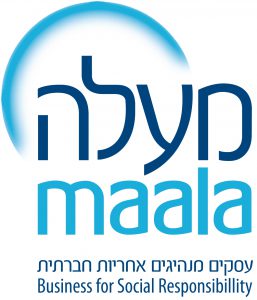

SDG 17- Maala – Paving the Way for CSR
Partnership for the Goals SDG 17- Maala – Paving the Way for CSR “Tikkun Olam” or “Repairing the World” isn’t just a catch phrase for
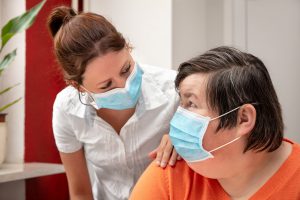

SDG 17-To Beat COVID19, Together is Better
Partnership for the Goals Recognizing the benefits of cross-border shared practices in dealing with social service challenges particularly exacerbated by COVID19, Israel’s Ministry Labor and


















